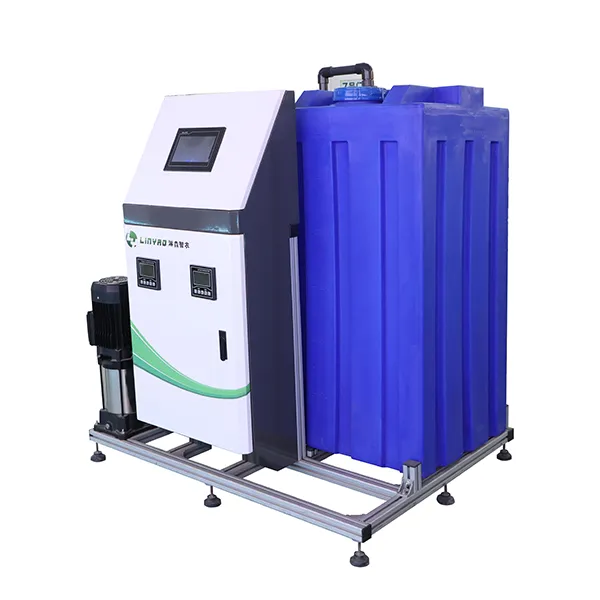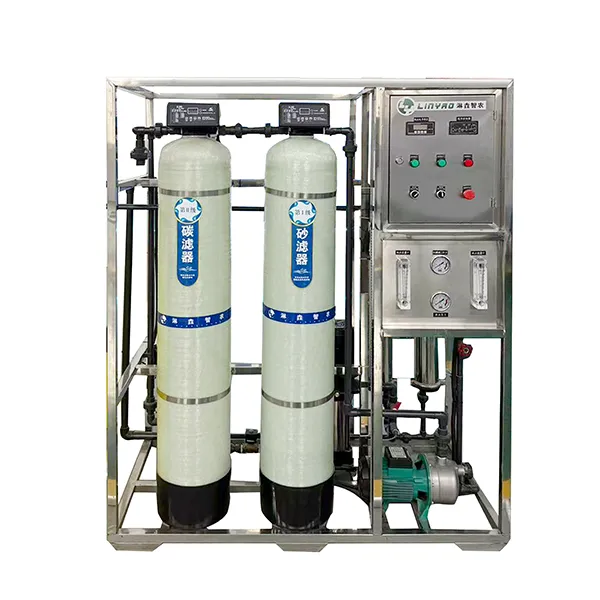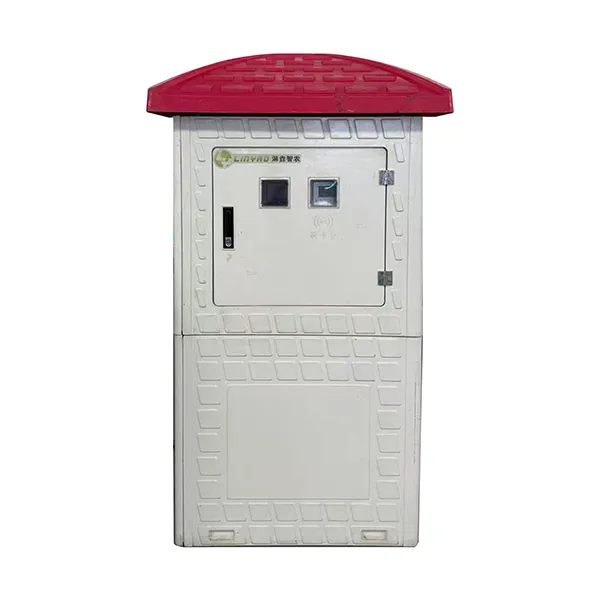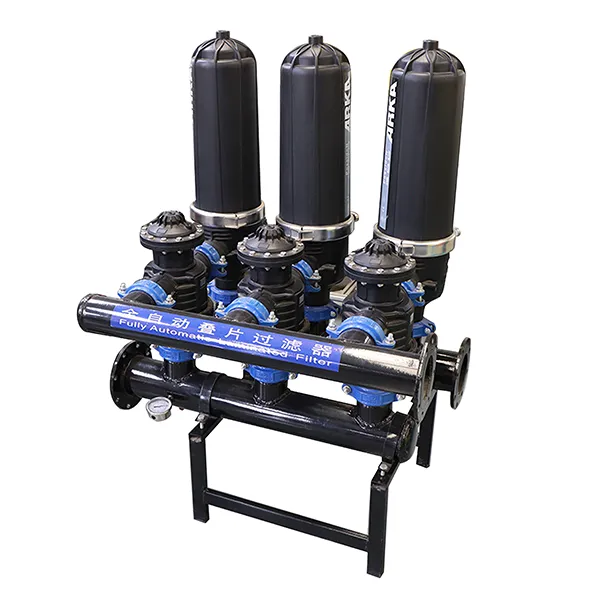
Gardening and agricultural irrigation filters
When you hear aboutgardening and agricultural irrigation filters, many immediately imagine a simple mesh that retains sand. But in reality, this is a complex system, where an error in selecting the type of filter can result not just in clogged drip lines, but in a complete imbalance of the entire irrigation system. I often come across the fact that farmers skimp on filters, considering them a secondary element, and then spend months dealing with the consequences.
Types of filters and where we most often go wrong
Mesh, disc, gravel - it would seem that the choice is obvious. But here’s a real case: in a greenhouse complex near Astrakhan they installed expensive disk filters for water from an open canal. After two months, the disks became unusable due to algae and fine suspension, which they could not hold, but which tightly clogged the mechanism. We had to urgently switch to multi-layer gravel filters with preliminary aeration of the water. This is the same situation when you saved on consultations, but lost on the harvest.
Disc ones are good for water with a low organic content, but if you have water from an open source, be prepared for frequent rinsing. I always advise you to do a full chemical and mechanical analysis of the water before making a choice. Sometimes it is worth combining: for example, first a gravel filter for coarse cleaning, then a disk filter for fine cleaning. But this already increases the cost of the system, and not every customer is ready to understand this.
Strainers are a classic for wells, but their main enemy is iron. I remember on a farm in the Rostov region they were complaining about constant blockages. It turned out that the water had a high iron content, which oxidized and clogged the mesh within a week. The solution is to install iron removal filters in front of the irrigation system. It would seem like a trifle, but without it the whole system stops.
Automation and maintenance practice
Modern systems, like those that designsShandong Linyao Intelligent Agriculture Technology Co.,Ltd, often include automatic flushing filters. But automation is not a panacea. In one project in the Krasnodar region, differential pressure sensors worked perfectly, but farmers turned off automatic flushing at night due to noise. As a result, the filters became clogged at the very peak of watering, and the automation uselessly signaled a critical drop.
Hence the conclusion: any automation requires staff training. We now always conduct mini-trainings for operators, explaining that even the smartest system is just a tool. By the way, on the websitehttps://www.lyzhihuinongye.ruthere are good examples of integrating filters into complex solutions, where automation is linked to the control of fertilizers and irrigation. But in life, you often have to adapt ready-made solutions to specific conditions.
Another point is the seasonality of service. Before the start of the season, you need to not just check the filters, but diagnose the entire system: inlet and outlet pressure, valve operation, condition of the seals. A small thing, like a cracked seal in a disk filter, can reduce cleaning efficiency by 30-40%. I myself encountered when this moment was missed on a large project, and some of the plantings did not receive enough water.
Water as the main factor of choice
There is no ideal filter - there is an optimal one for your water. If water from a well has a high manganese content, special catalytic loads are needed. For river water with silt and organic matter - a multi-stage system with a settling tank and disk filters. Once we had to redo the system near Samara, where, due to seasonal algal blooms, conventional filters could not cope. We added a carbon pre-filter and the problem was solved.
People often forget about water temperature. In cold regions, when irrigating from artesian wells, the water can be so cold that the plastic filter elements become brittle. You have to either insulate the components or use steel casings. This will increase the cost of the system, but the alternative is regular housing replacements in the spring and fall.
By the way, about materials. Plastic housings are cheaper, but for high pressures (above 6 atm) steel ones are better. Although steel also has a disadvantage - corrosion in aggressive environments. In some farms where water has a high salt content, steel housings last no more than 3-4 seasons. You have to either use stainless steel (which is expensive) or composite materials.
Integration with fertigation systems
Whengardening and agricultural irrigation filterswork in the fertigation system, the requirements for them are becoming more stringent. Any, even small, suspension can clog the injectors and interfere with the dosage of fertilizers. In smart greenhouse complexes like those that are being builtShandong Linyao Intelligent Agriculture Technology Co.,Ltd, filters are the first barrier to precision agriculture.
I remember that a farm near Moscow was trying to save money on filters for a drip irrigation system with fertigation. As a result, the injectors failed every month, and uneven application of fertilizers led to a variegated state of the plantings - in some places there was overfeeding, in others there was underfeeding. After installing multi-stage filters, the situation leveled out, but it took almost a season to correct the consequences.
Current trends are the integration of water turbidity sensors directly into filters. Such solutions already exist, for example, in some models fromShandong Linyao Intelligent Agriculture Technology Co.,Ltd. But for now it is expensive, and not every business owner is ready to invest in it. Although, if you count the losses from poor watering, the payback can be quick.
Economics vs. reliability
Frequently asked question: is it possible to save money on filters? It is possible, but only if you are prepared for frequent repairs and losses in productivity. Cheap mesh filters made of thin plastic can become deformed after the first winter if they are not properly preserved. And repairs cost more than the initial savings.
Small farms sometimes try to use homemade filters - for example, from plastic barrels filled with gravel. A temporary solution, but not suitable for permanent use: there is no precise control of the cleaning quality, it is difficult to rinse, and there is no guarantee of uniform filtration. I once saw how such a homemade product burst at night from pressure - the pumping station flooded, the repairs cost a tidy sum.
On the other hand, you don’t always need to buy the most expensive equipment. For a small garden or vegetable garden, a high-quality mesh filter with manual washing is sufficient. The main thing is to maintain it regularly. But for commercial projects, where each hectare must work to its maximum, it is better not to experiment and choose proven solutions, perhaps even with a performance margin.
Perspectives and personal experience
Nowadays there is more and more talk about “smart” people. filters that themselves determine the degree of contamination and regulate the washing mode. Technologies similar to those developedShandong Linyao Intelligent Agriculture Technology Co.,Ltd, are gradually becoming the standard for large agricultural complexes. But in small and medium-sized farms, classic solutions still prevail - reliable, understandable, repairable.
From recent experience: last season I participated in the launch of an irrigation system in Tatarstan, where combined filters were used - disk + mesh, with automatic flushing. The system worked stably, but we had to additionally adjust the washing mode taking into account the high turbidity of the water in the spring. Without this adjustment, the filters would not cope.
In the end, the choicegardening and agricultural irrigation filtersis always a compromise between cost, reliability and operating conditions. There are no universal solutions, but there is a principle: it is better to overpay a little for a high-quality system than to constantly struggle with the consequences of a wrong choice. And yes, never ignore a preliminary water analysis - it will save both time and money in the future.
Correspondingproducts
Related Products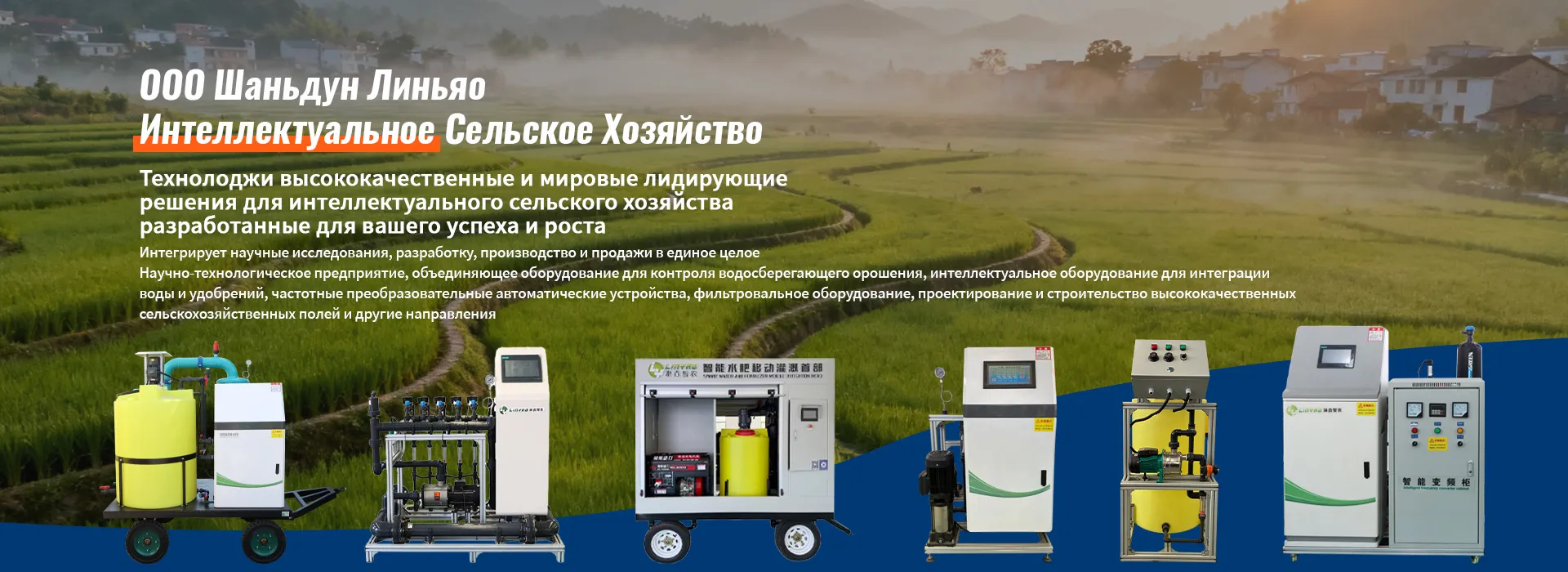
Best Sellingproducts
Best Selling Products-
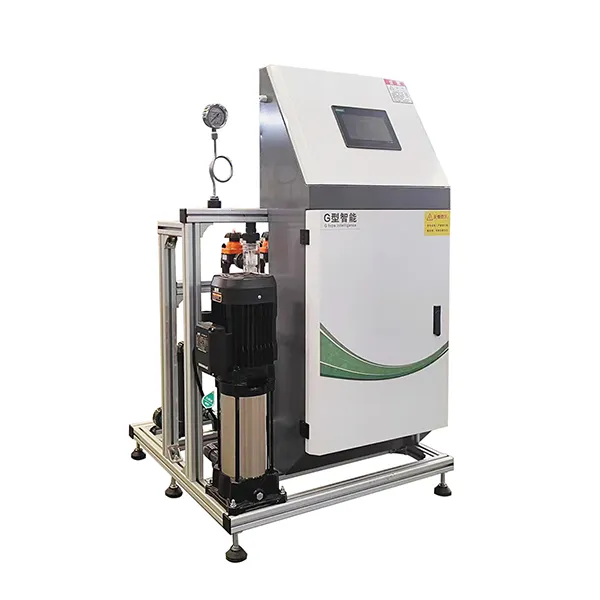 Three-channel intelligent water and fertilizer integration apparatus with 7-inch screen
Three-channel intelligent water and fertilizer integration apparatus with 7-inch screen -
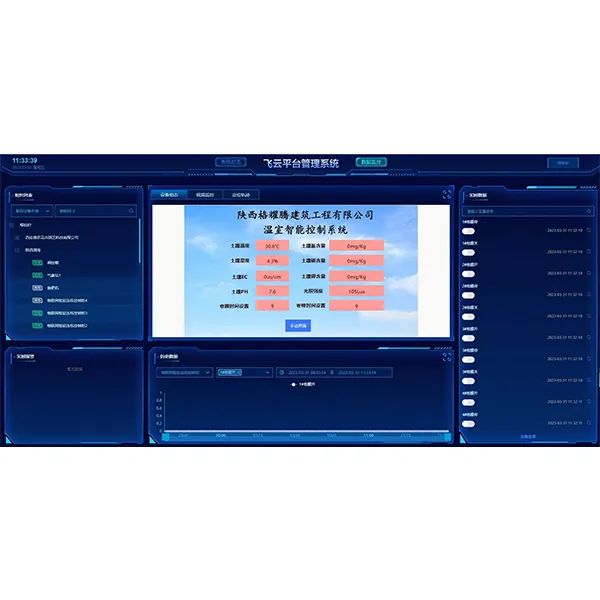 Cloud platform for smart agriculture
Cloud platform for smart agriculture -
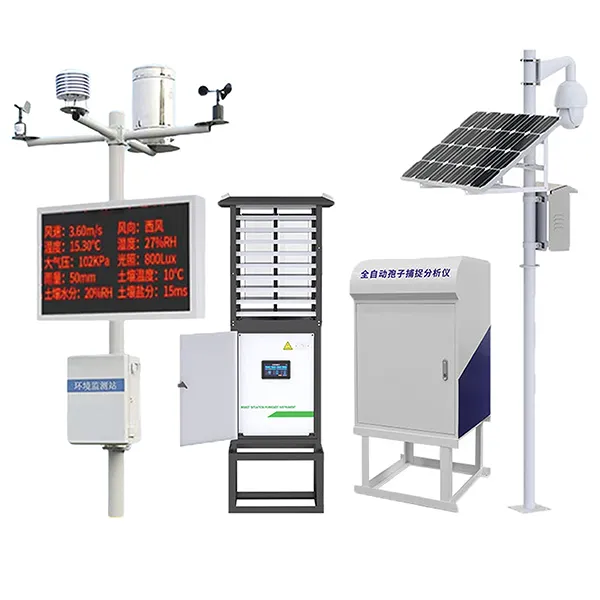 Agricultural weather station
Agricultural weather station -
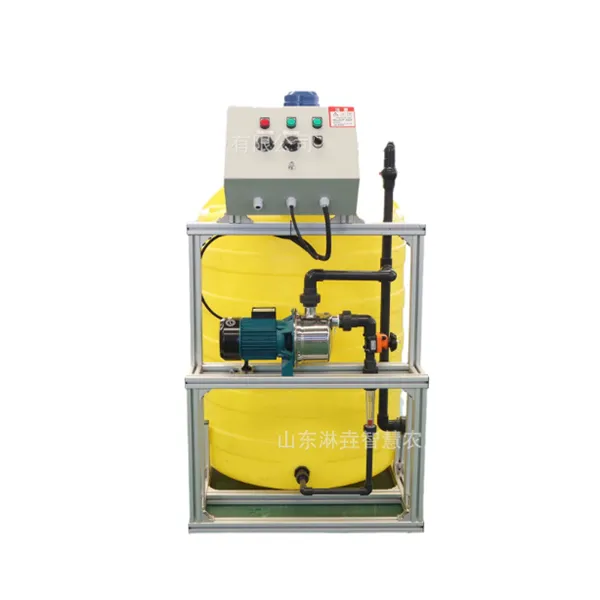 Simple manual single-channel water and fertilizer integration apparatus
Simple manual single-channel water and fertilizer integration apparatus -
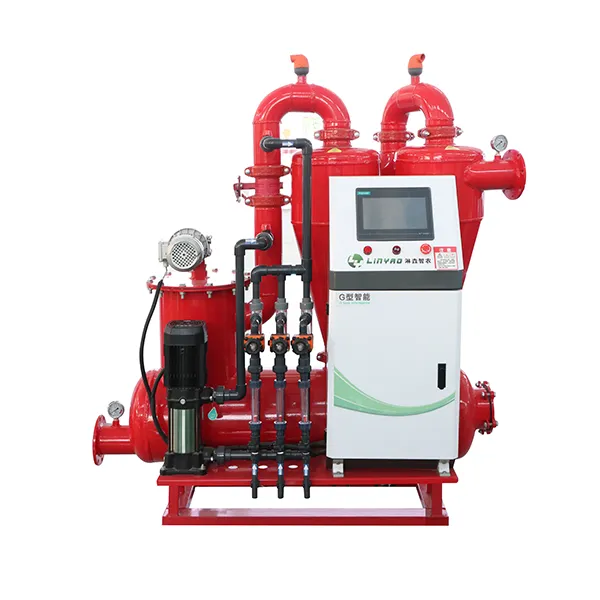 Automated Dual Function Water Fertilizer Filtration Machine
Automated Dual Function Water Fertilizer Filtration Machine -
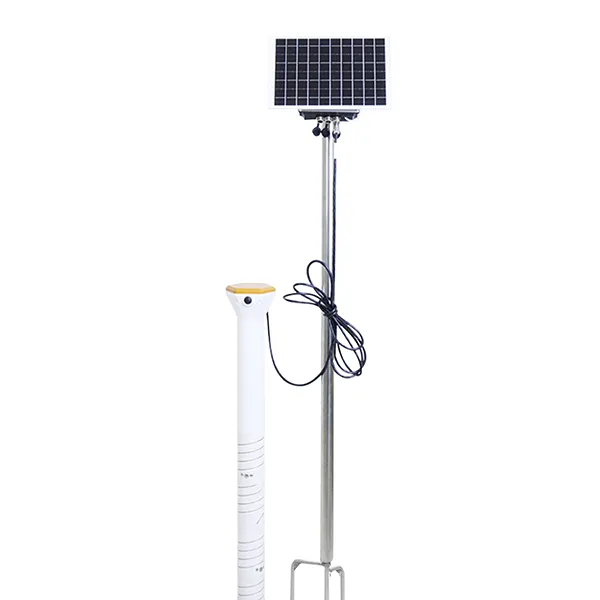 Soil Moisture Monitoring Station
Soil Moisture Monitoring Station -
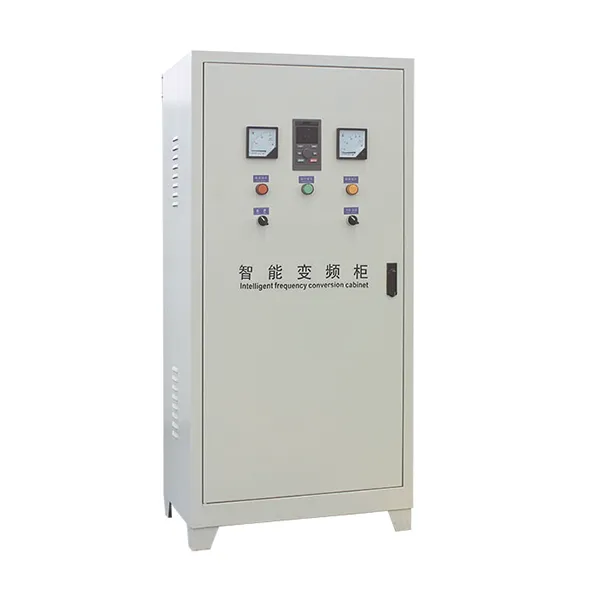 Intelligent Frequency Converter Cabinet
Intelligent Frequency Converter Cabinet -
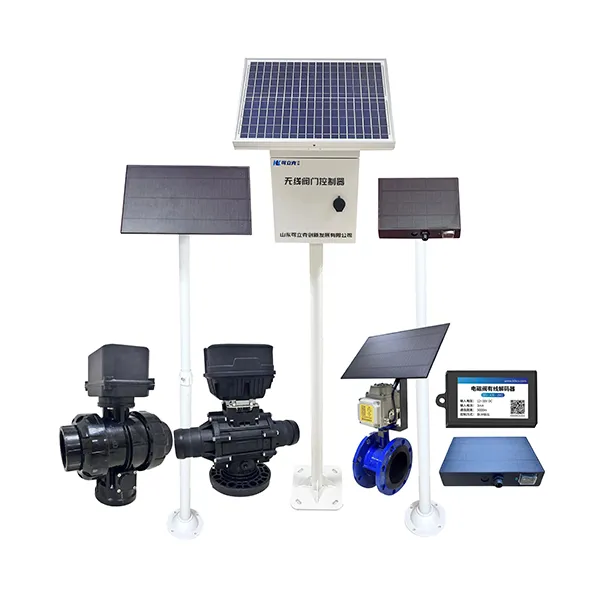 Wireless valve control
Wireless valve control -
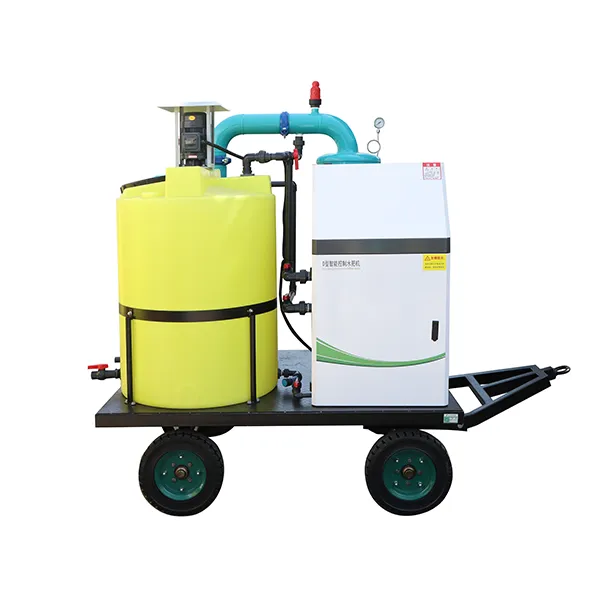 Mobile water and fertilizer integration apparatus
Mobile water and fertilizer integration apparatus -
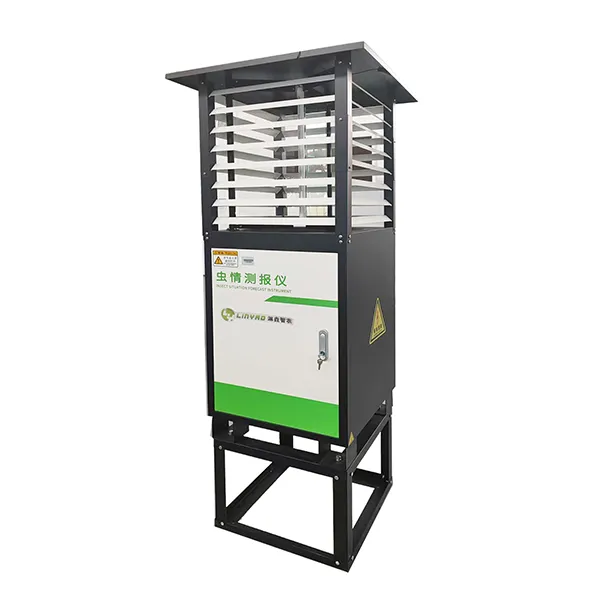 Intelligent pest monitoring equipment
Intelligent pest monitoring equipment -
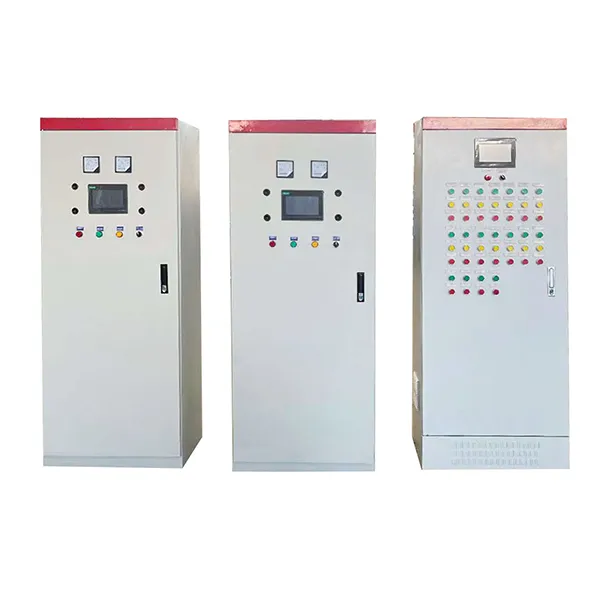 IoT-based greenhouse control cabinet
IoT-based greenhouse control cabinet -
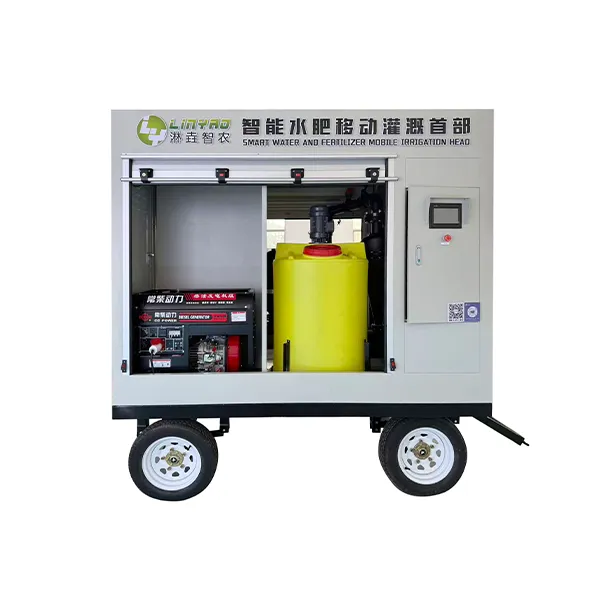 Intelligent mobile head for irrigation and fertilization
Intelligent mobile head for irrigation and fertilization
Relatedsearch
Related Search- Wireless valve supplier
- Soilless cultivation main buyer country
- Controller for three way valve
- Ball valve full bore PP+fiberglass dn100 internal thread inlet, outlet for water hose manufacturers
- Electric damper valve
- Solenoid valve 1.5 inch dc24v manufacturer
- Automatic Fertilizer and Irrigation Controller System Suppliers
- Solenoid valve 5 inch ac24v manufacturer
- Electric bypass valve main buyer country
- Automated irrigation system manufacturers


